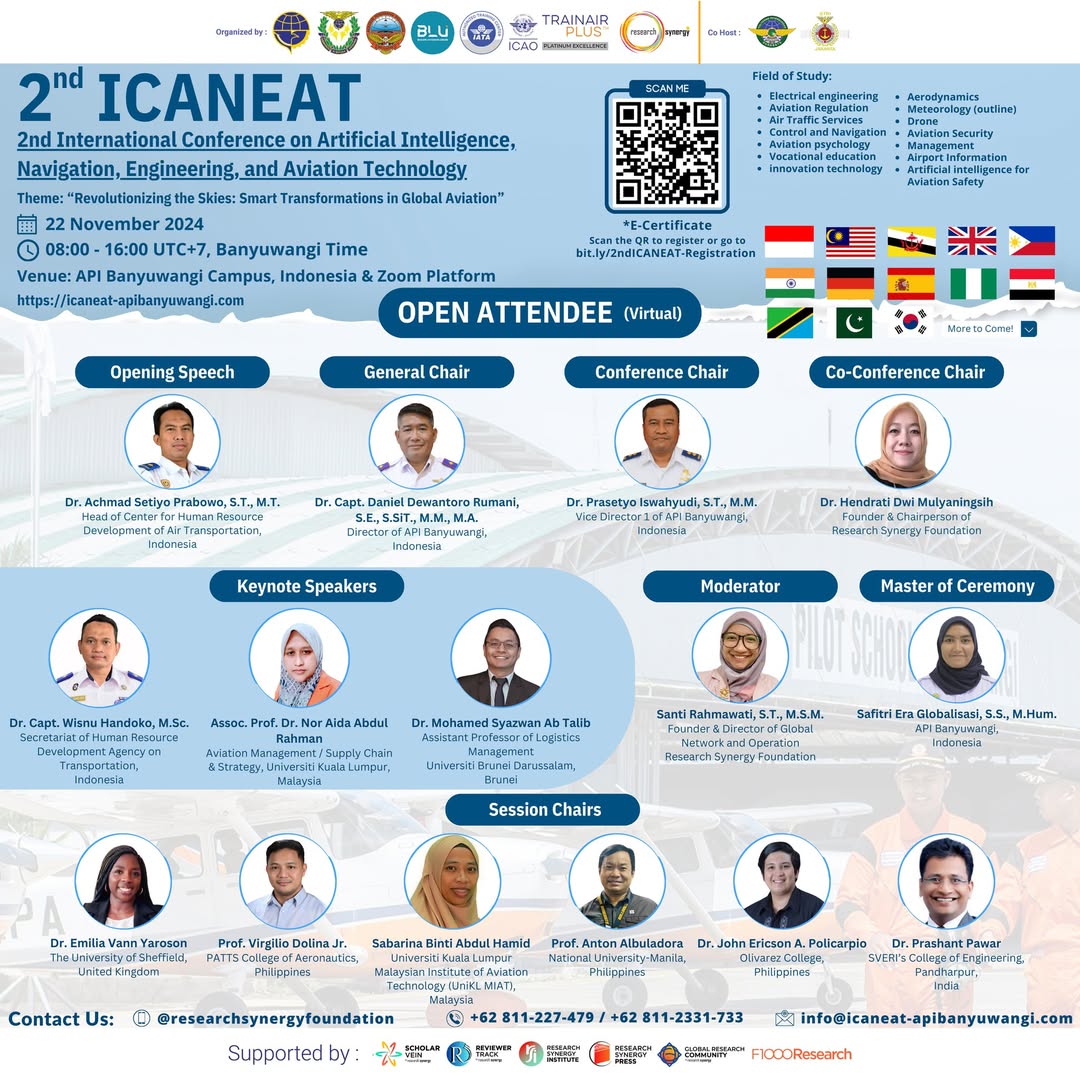Artificial Intelligence and Maqasid al-Shariah in Mental Health: A Chatbot Design for Supporting Teen Victims of Bullying
Keywords:
artificial intelligence, bullying, mental health, Islamic ethics, chatbot, teenagers, emotional support, early intervention, culturally sensitive AI.Abstract
Bullying among teenagers continues to be a serious concern, often resulting in lasting psychological impacts such as anxiety, depression, and low self-esteem. Unfortunately, access to professional counseling services remains limited due to a shortage of mental health resources and the stigma associated with seeking help. This study introduces an AI-based chatbot designed specifically for teenage bullying victims, grounded in the ethical framework of Maqasid al-Shariah (objectives of Islamic law) to ensure culturally sensitive and holistically therapeutic interventions. The chatbot integrates the five fundamental Maqasid principles—protection of religion (ḥifẓ al-dīn), life (ḥifẓ al-nafs), intellect (ḥifẓ al-ʿaql), lineage (ḥifẓ al-nasl), and property (ḥifẓ al-māl)—into its design architecture and response mechanisms. This framework ensures that the system not only provides immediate emotional support through empathetic and confidential conversations but also promotes spiritual well-being, preserves human dignity, and maintains ethical boundaries in accordance with Islamic principles. The chatbot utilizes natural language processing combined with Maqasid-informed algorithms to detect signs of distress while offering culturally appropriate coping strategies that address both psychological and spiritual dimensions of healing. The system includes Islamic ethics-compliant escalation features that encourage professional intervention when necessary, ensuring user privacy and data protection in alignment with Islamic values of confidentiality and trust (amanah). Initial validation demonstrates that the Maqasid-based chatbot design effectively reduces emotional burden, promotes help-seeking behavior, and provides a scalable, accessible solution for early intervention that respects Islamic ethical guidelines while addressing the mental health needs of Muslim teenagers experiencing bullying.
References
[1] L. I. Lafrance St-Martin and S. Villeneuve, “The uses of chatbots in the context of children and teenagers bullying: a systematic literature review,” Cogent Education, vol. 11, no. 1, Dec. 2024, doi: 10.1080/2331186X.2024.2312032.
[2] R. M. Kowalski and S. P. Limber, “Psychological, physical, and academic correlates of cyberbullying and traditional bullying,” Journal of adolescent health, vol. 53, no. 1, pp. S13–S20, 2013.
[3] M. Quinlan-Davidson, K. J. Roberts, D. Devakumar, S. M. Sawyer, R. Cortez, and L. Kiss, “Evaluating quality in adolescent mental health services: a systematic review,” BMJ Open, vol. 11, no. 5, p. e044929, 2021.
[4] E. Aboujaoude, L. Gega, M. B. Parish, and D. M. Hilty, “Digital interventions in mental health: Current status and future directions,” Front Psychiatry, vol. 11, p. 111, 2020.
[5] F. Mas’ar, “Artificial Intelligence and Islamic Ethics: A Framework for Ethical AI Development Based on Maqasid Al-Shariah,” in International Conference on Artificial Intelligence, Navigation, Engineering, and Aviation Technology, 2024, pp. 521–523.
[6] Z. Habib, “Ethics of Artificial Intelligence in Maqāṣid Al-Sharīa’s Perspective,” KARSA Journal of Social and Islamic Culture, vol. 33, no. 1, pp. 105–134, 2025.
[7] R. Dehbozorgi et al., “The application of artificial intelligence in the field of mental health: a systematic review,” BMC Psychiatry, vol. 25, no. 1, p. 132, 2025.
[8] E. Elmahjub, “Artificial intelligence (AI) in Islamic ethics: Towards pluralist ethical benchmarking for AI,” Philos Technol, vol. 36, no. 4, p. 73, 2023.
[9] M. Mohadi and Y. Tarshany, “Maqasid al-Shari’ah and the ethics of artificial intelligence: contemporary challenges,” Journal of Contemporary Maqasid Studies, vol. 2, no. 2, pp. 79–102, 2023.
[10] V. Tasril, A. Rizka, I. Sulistianingsih, and S. N. Sari, “DIGITAL PARENTING: PELATIHAN STRATEGI PENGAWASAN ANAK DI ERA GADGET BAGI IBU RUMAH TANGGA DI DESA KELAMBIR V,” Jurnal Pemberdayaan Sosial dan Teknologi Masyarakat, vol. 5, no. 1, pp. 74–81, 2025.
[11] C. Grové, “Co-developing a Mental Health and Wellbeing Chatbot With and for Young People,” Front Psychiatry, vol. 11, Feb. 2021, doi: 10.3389/fpsyt.2020.606041.
[12] E. Roehrer, P. Pokawinkoon, P. Watters, J. D. Sauer, and J. Scanlan, “Adolescent-Centric Design of an Online Safety Chatbot,” Journal of Computer Information Systems, pp. 1–14, Sep. 2024, doi: 10.1080/08874417.2024.2401991.
[13] Akbar, A., Sulistianingsih, I., & Kurniawan, B. (2024). Implementation of Crowdsourcing Methods in Village Promotion Websites. Journal of Information Technology, computer science and Electrical Engineering, 1(3), 377-382.
[14] Rizka, A., Tasril, V., Sulistianingsih, I., Faza, S., & Sari, S. N. (2025). Penerapan Metode Multi-Attribute Utility Theory (MAUT) dalam Penilaian Kinerja Keaktifan Guru. Jurnal Nasional Teknologi Komputer, 5(2), 41-50.
[15] Edukasi Literasi Digital Menggunakan Comic Strip bagi Siswa SMAN 1 Binjai
[16] Tasril, V., Sulistianingsih, I., Sari, S. N., Afrisawati, A., & Losi, R. V. L. (2024). Sosialisasi Uji Pengguna Aplikasi Multimedia Game Based Learning Untuk Vocabulary Bahasa Inggris Pada Anak. Jurnal Pengabdian Kepada Masyarakat Teknologi Informasi dan Komunikasi, 1(4), 1-5.
[17] Nasution, D., Sulistianingsih, I., Akbar, A., & Setiawan, B. (2024). Roveteer: An Innovative Digital Solution for Mangrove Forest Conservation Volunteer Management in Kota Pari Village. Journal of Information Technology, computer science and Electrical Engineering, 1(3), 371-376.
[18] Sulistianingsih, I., Akbar, A., & Winatra, M. A. (2023). The Implementation of Kuliah Kerja Nyata Information System for Higher Education. JURNAL TEKNOLOGI DAN ILMU KOMPUTER PRIMA (JUTIKOMP), 6(1), 41-47.
[19] Akbar, A., Sulistianingsih, I., Syam, F. H., & Kurniawan, B. (2023). Implementation of SEO on Dusun Nusantara Web-based Application as Tourism Promotion Media. JURNAL TEKNOLOGI DAN ILMU KOMPUTER PRIMA (JUTIKOMP), 6(2), 83-89.
[20] Sulistianingsih, I., Rizka, A., Nababan, A. H., & Syahputra, R. (2024). Implementasi Aplikasi Transaksi Berbasis Web dengan Metode Agile untuk Optimalisasi Pengelolaan Bisnis UMKM Soember Redjeki. Jurnal Pengabdian Kepada Masyarakat Teknologi Informasi dan Komunikasi, 1(4), 6-14.
Downloads
Published
Issue
Section
License
Copyright (c) 2025 Indri Sulistianingsih, Fauzan Mas’ar, Arif Hamied Nababan, Ade Rizka (Author)

This work is licensed under a Creative Commons Attribution-ShareAlike 4.0 International License.









